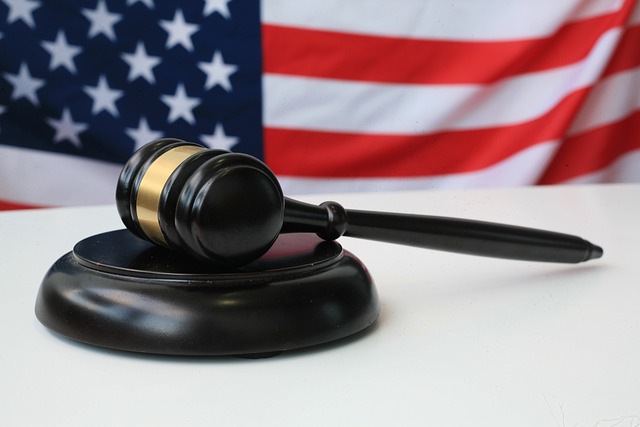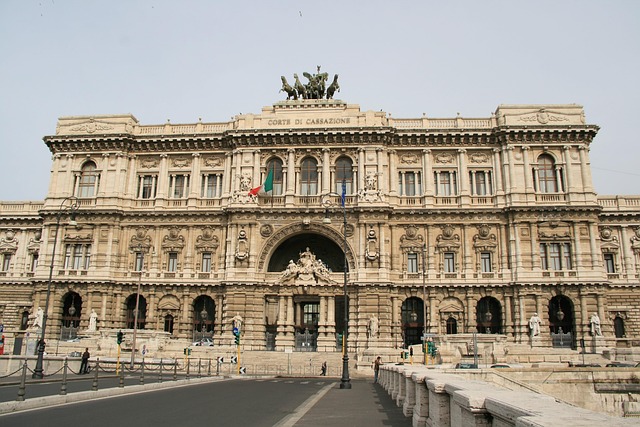Courts Halt Student Loan Forgiveness Program
In a significant legal challenge, federal courts issued rulings halting the Biden Administration's large-scale student loan forgiveness program. Key decisions included a block by a federal judge in Texas and a subsequent injunction upheld by the 8th Circuit Court of Appeals, stemming from a lawsuit filed by six states. These rulings represented major obstacles for the White House, based on arguments questioning the President's authority to enact such a program without explicit direction from Congress.
Basis of the Rulings: HEROES Act and Major Questions

The core legal argument against the plan centered on the interpretation of the HEROES Act of 2003. Challengers argued, and courts considered, whether this act granted the Secretary of Education the authority for mass debt cancellation. Courts questioning the program often invoked the 'major questions doctrine,' requiring clear congressional authorization for policies with vast economic and political significance, which they found lacking. The Supreme Court ultimately agreed in June 2023, concluding the plan exceeded the authority Congress granted in the HEROES Act.
The States' Lawsuit and Standing to Sue

The primary lawsuit blocking the program nationwide was initiated by six states: Nebraska, Missouri, Arkansas, Iowa, Kansas, and South Carolina (*Biden v. Nebraska*). A critical legal hurdle was 'standing' – demonstrating sufficient injury to bring the lawsuit. The Supreme Court determined Missouri had standing because the loan forgiveness would financially harm the Missouri Higher Education Loan Authority (MOHELA), a state-created entity servicing federal loans.
Administration's Defense and Response
The Biden Administration vigorously defended the program, asserting the HEROES Act provided the necessary authority to mitigate financial harm caused by the COVID-19 pandemic national emergency. The Administration appealed unfavorable lower court rulings up to the Supreme Court. A White House spokesperson consistently maintained the goal was 'to provide essential relief to borrowers grappling with the economic consequences of the pandemic,' believing the plan rested on solid legal footing.
Supreme Court Decision and Future Implications

The legal battle concluded with the Supreme Court's June 2023 decision in *Biden v. Nebraska*, which struck down the forgiveness program as initially structured. The Court ruled the Administration lacked congressional authorization under the HEROES Act for such broad relief. While this plan was blocked, the Administration is actively pursuing alternative debt relief avenues, including targeted forgiveness programs under the Higher Education Act and the income-driven SAVE repayment plan aimed at reducing monthly payments.
Reactions to the Court Decisions
Critics of the loan forgiveness plan, including numerous conservative lawmakers and organizations, praised the court decisions, especially the final Supreme Court ruling. They framed the outcome as a vital check on executive overreach and a victory for fiscal responsibility, arguing that Congress, not the President, holds the authority for such significant spending decisions and debt cancellation impacting taxpayers.
